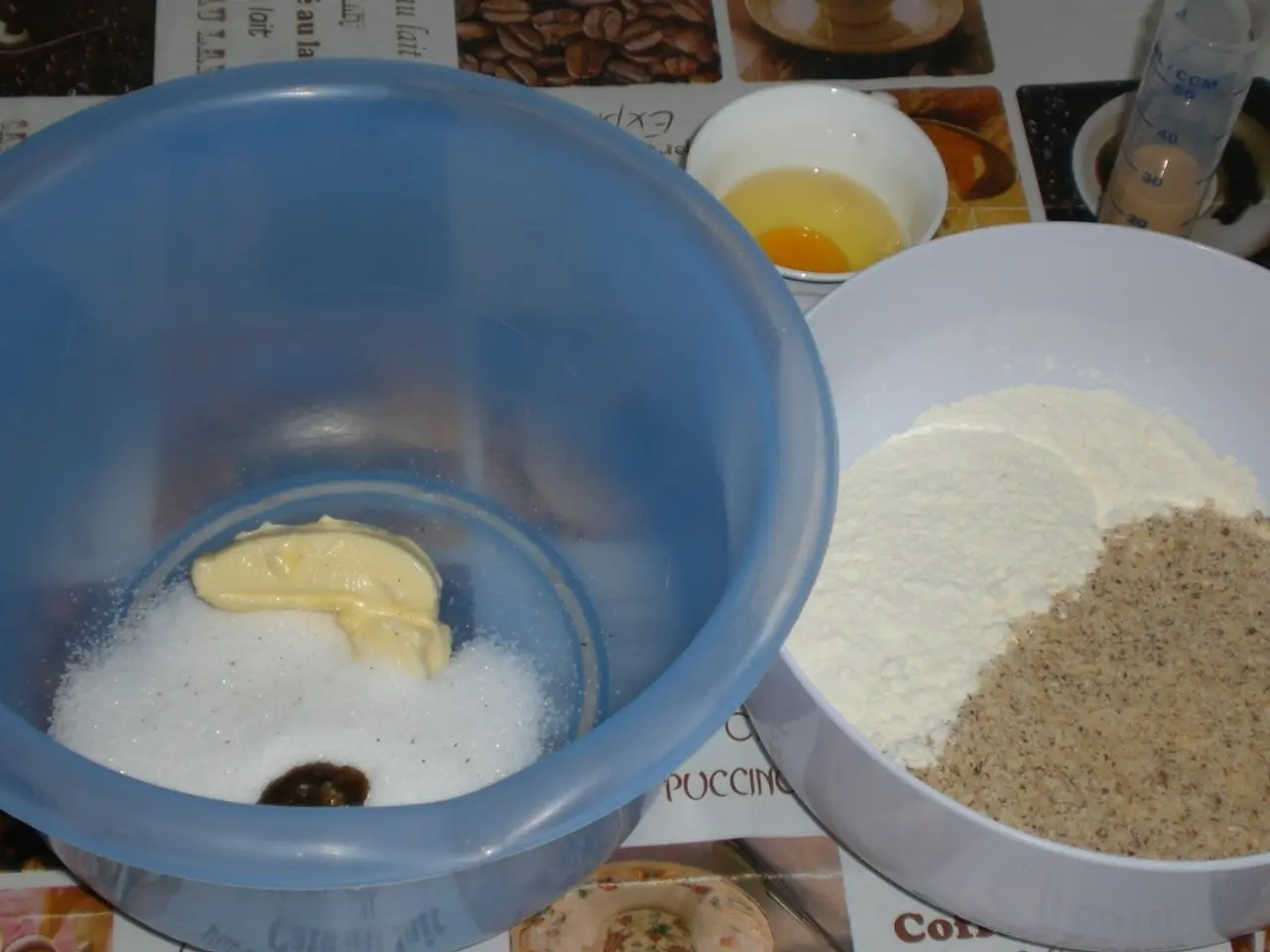Exercise Could Potentially Trigger Gut Bacteria to Combat Cancer Cells
In a groundbreaking study published in the prestigious journal *Cell*, researchers from the University of Pittsburgh and UPMC Hillman Cancer Center have discovered a potential game-changer in cancer treatment: a one-carbon metabolite called formate, produced by certain gut bacteria, which strengthens the body's cancer-killing immune cells.
The key to this discovery lies in maintaining a healthy weight and staying fit. Formate enhances the immune system's ability to fight cancer by making immune cells called CD8 T cells more active, proliferating faster, and producing increased levels of tumor-killing chemicals.
In mouse models of melanoma, adenocarcinoma, and lymphoma, oral administration of formate alone reduced tumor growth and improved survival, mirroring the cancer-fighting benefits of exercise-induced changes in the gut microbiome. The study also found that formate boosted the efficacy of immune checkpoint inhibitor therapies, suggesting its potential as an adjunct to improve cancer immunotherapy, especially for patients who do not initially respond to such treatments.
The research was driven by metabolomic and machine learning analyses that pinpointed formate as the critical factor among many microbial compounds. Experiments showed that removing gut bacteria (with antibiotics or using germ-free mice) abolished the exercise-related cancer benefits, confirming that microbial metabolites like formate are key mediators.
Direct administration of formate in mice reproduced the tumor-inhibiting effects of exercise without the need for actual physical activity, indicating formate's direct therapeutic potential. In mice treated with checkpoint inhibitor immunotherapy, formate made the treatment more effective, suggesting it could be used as a supplement or adjuvant to immunotherapy to improve outcomes.
While the results in mice models and correlations in melanoma patients are promising, further clinical trials are needed to confirm formate's safety and efficacy as a supplement in human cancer treatments. The study also investigates whether exercise-induced changes to the gut microbiome could also help in other diseases like autoimmune disorders.
For years, researchers have observed that physically active people tend to do better against cancer. This research suggests that formate might one day be given as a supplement to boost cancer immunity, offering a potential new approach to cancer treatment. However, it's important to note that further research is needed before formate can be used in human cancer treatments.
- The future of cancer treatment might involve the use of a one-carbon metabolite called formate, as research has shown it strengthens the body's immune cells, especially in the context of health and wellness, fitness, and exercise.
- The study, published in the journal Cell, indicates that formate, produced by certain gut bacteria, could potentially be an adjunct to cancer immunotherapy, improving its effectiveness, particularly for patients who do not initially respond to such treatments.
- The health benefits of formate were discovered through research, and it has been found to make immune cells more active, proliferate faster, and produce increased levels of tumor-killing chemicals, contributing to the fight against medical conditions like cancer.
- In addition to its potential role in cancer treatments, the study suggests that exercise-induced changes to the gut microbiome could also help in other diseases like autoimmune disorders, demonstrating the interconnectedness between science, medicine, and health.
- Further clinical trials are necessary to confirm the safety and efficacy of formate as a supplement in human cancer treatments, although the research offers a promising new approach for the future of cancer treatment.




